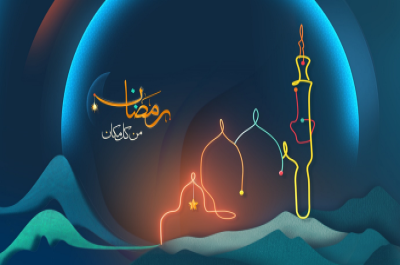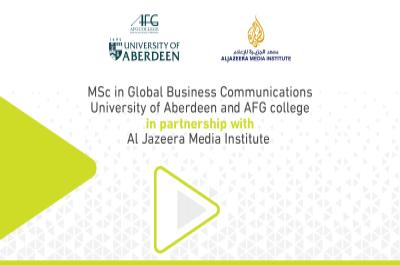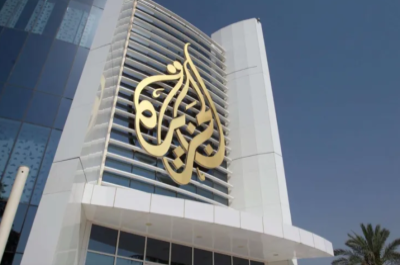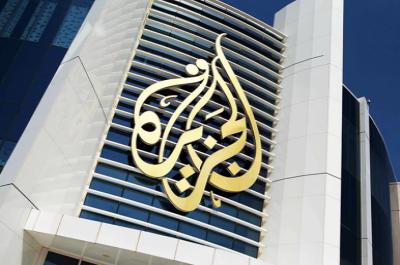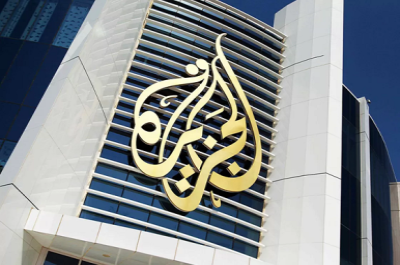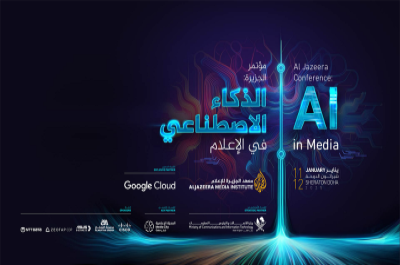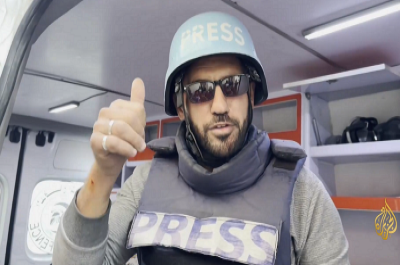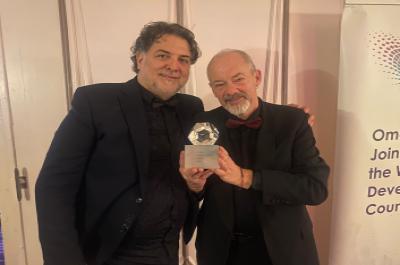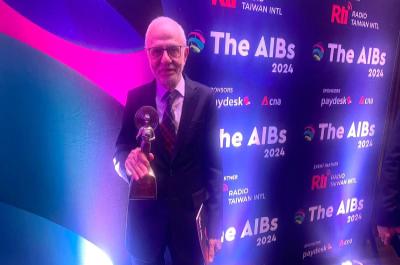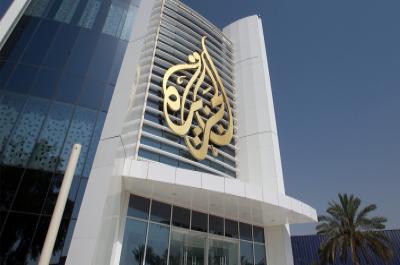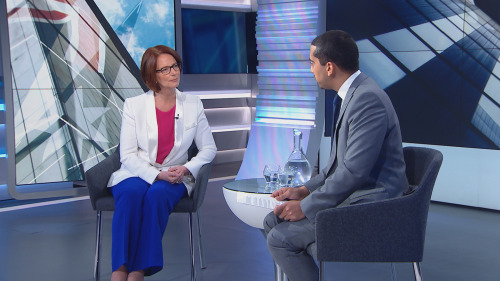
Al Jazeera English’s ‘UpFront’ interview with Julia Gillard
Former Australian Prime Minister, Julia Gillard, speaks with Al Jazeera English:
Says her “hardline” approach to turning away refugees arriving by boat was for “humanitarian” reasons.
Disagrees that refugee holding centres were “inhumane”; “Many of the facilities were…suitable for families, kids were in school.”
Defends her policies, saying, “We took a set of decisions in a very difficult time when we were seeing increasing numbers and we were worried about deaths.”
“I stand by the decisions I made.”
(Washington D.C. – 6th, November, 2015) – In a wide-ranging and exclusive interview with Al Jazeera English’s flagship current affairs show, ‘UpFront’, former Australian Prime Minister, Julia Gillard, defended her controversial policies towards refugees.
“I stand by the decisions I made,” Gillard told ‘UpFront’ host Mehdi Hasan.
Australia, under Gillard’s leadership, turned away refugees arriving by boat and supported the use of detention centres. Gillard said this “hardline” approach was justified.
“The hardline approach, in my view, does have a humanitarian underpinning which is we do not want people taking that journey and running those risks,” Gillard said.
“The government I led was trying to do everything it could to deter people from getting on boats…Our message to people who were desperate and fleeing hard circumstances was we are going to take refugees, but don’t try and make the journey by boat. You may not survive, your children may not survive,” she added.
“You don’t quite know what it’s like as Prime Minister to get the telephone call from your defense forces that tell you that they suspect that an asylum seeker boat has gone down and they are engaging in desperate measures to try and rescue people from the water,” said Gillard. “Whatever they do, people die.”
Gillard further defended her policies by saying, “We took a set of decisions in a very difficult time when we were seeing increasing numbers and we were worried about deaths.”
“We had a policy that I wanted to pursue which was a cooperative arrangement with Malaysia. I was blocked by the parliament from doing that,” she added.
When asked about the conditions of the refugee detention centers on Nauru, which Amnesty International called “toxic” and “inhumane”, Gillard responded: “Well I think that once again is taking a snapshot of history…Many of the facilities were quite different to that, suitable for families, kids were in school.”
Currently, Gillard is the Chair of the ‘Global Partnership for Education’ and is focusing her efforts on girl’s education across the world.
Host Mehdi Hasan brought up her track record of locking-up young refugees (the number of children in detention peaked in July 2013), and Gillard said “We took a set of decisions in a very difficult time,” adding that “To suggest that that record in any way undermines my passion or my credibility on education is to wholly misunderstand it.”
